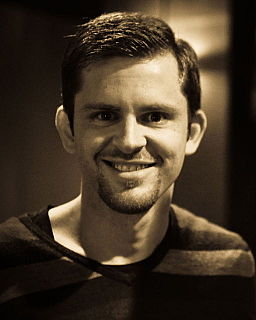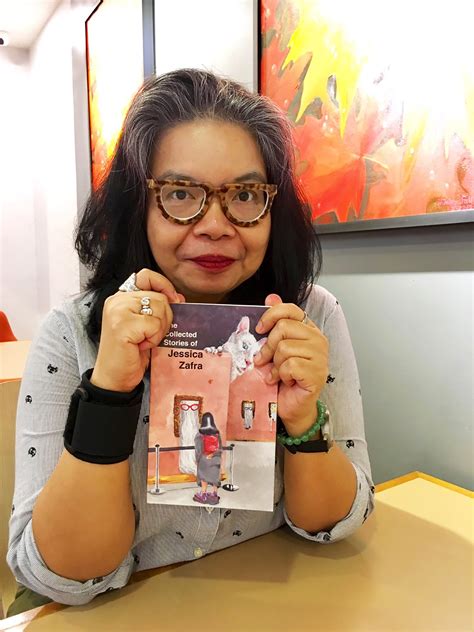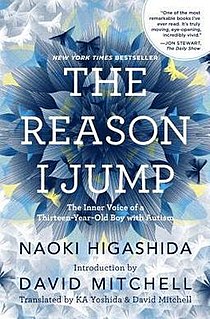A Quote by Dalai Lama
Instead of harboring fear and suspicion we need to think of other people not as ‘them’ but ‘us’.
Related Quotes
We fear the past, present and future. We fear the unknown, we fear not having enough, losing what we have, not having what we want. We fear what will become of us and those that we care for. We fear what others think of us and what they don't think of us. We fear, fear, fear and therefore we are controllable through the manipulation of all that we fear. The present War on Terror is the War of Fear. No Fear, no control.
One of the paradoxes of our time is that the War on Terror has served mainly to reinforce a collective belief that maintaining the right amount of fear and suspicion will earn one safety. Fear is promoted by the government as a kind of policy. Fear is accepted, even among the best-educated people in this country, even among the professors with whom I work, as a kind of intelligence. And inspiring fear in others is often seen as neighborly and kindly, instead of being regarded as what my cousin recognized it for - a violence.
The Escalation programmers come from a completely different background, and the codebase is all STL this, boost that, fill-up-the-property list, dispatch the event, and delegate that. I had been harboring some suspicions that our big codebases might benefit from the application of some more of the various “modern” C++ design patterns, despite seeing other large game codebases suffer under them. I have since recanted that suspicion.
What is the revolution that we need? We need to dissolve the lie that some people have a right to think of other people as their property. And we need at last to form a circle that includes us all, in which all of us are seen as equal... We do not belong to the other, but our lives are linked; we belong in a circle of others.
It seems that other parts of the world ought to be concerned about what we think of them instead of what they think of us. After all, we're feeding most of them, and whenever they start rejecting 25 cents of each dollar of foreign aid money that we send to them, then I'll be concerned about their attitude toward us.
The bottom line for most people who are normal is their need for other people. Even the greedy ones have this need - as long as they're not sociopathic. They may be very misguided and unhappy and do bad things and so forth, but in general if you look down deep, you find that these people are mainly concerned with other people and what other people think of them.
One of the reasons I love prayer is that it is an antidote to guilt and blame. If we are unhappy with the way we have acted or been treated, instead of stewing in self-recrimination on the one hand, or harboring ill will toward someone else on the other, prayer gives us a way out of the circle of guilt and blame. We bring our painful feelings into the open and say, "I have done wrong," or "I have been wronged." And then we ask for a vaster view--one that contains within it all the forgiveness we need in order to move forward.
The experience of past ages may inform us, that when the circumstances of a people render them distressed, their rulers generally recur to severe, cruel, and oppressive measures. Instead of endeavoring to establish their authority in the affection of their subjects, they think they have no security but in their fear.
Radical jihadists hate Americans for who we are. They cannot be managed. They cannot be trusted. Engaging them is a tragic fool's errand. We need to realize that they are at war with us and that we cannot control their motivations. We instead need to confront them, contain them, and ultimately defeat them before they defeat us.
Criticizing people, winding them up, making idiots of them or fooling them doesn't make people with autism laugh. What makes us smile from the inside is seeing something beautiful, or a memory makes us laugh. This generally happens when there's nobody watching us. And at night, on our own, we might burst out laughing underneath the duvet, or roar with later in an empty room ... When we don't need to think about other people or anything else, that's when we wear our aural expressions.








































